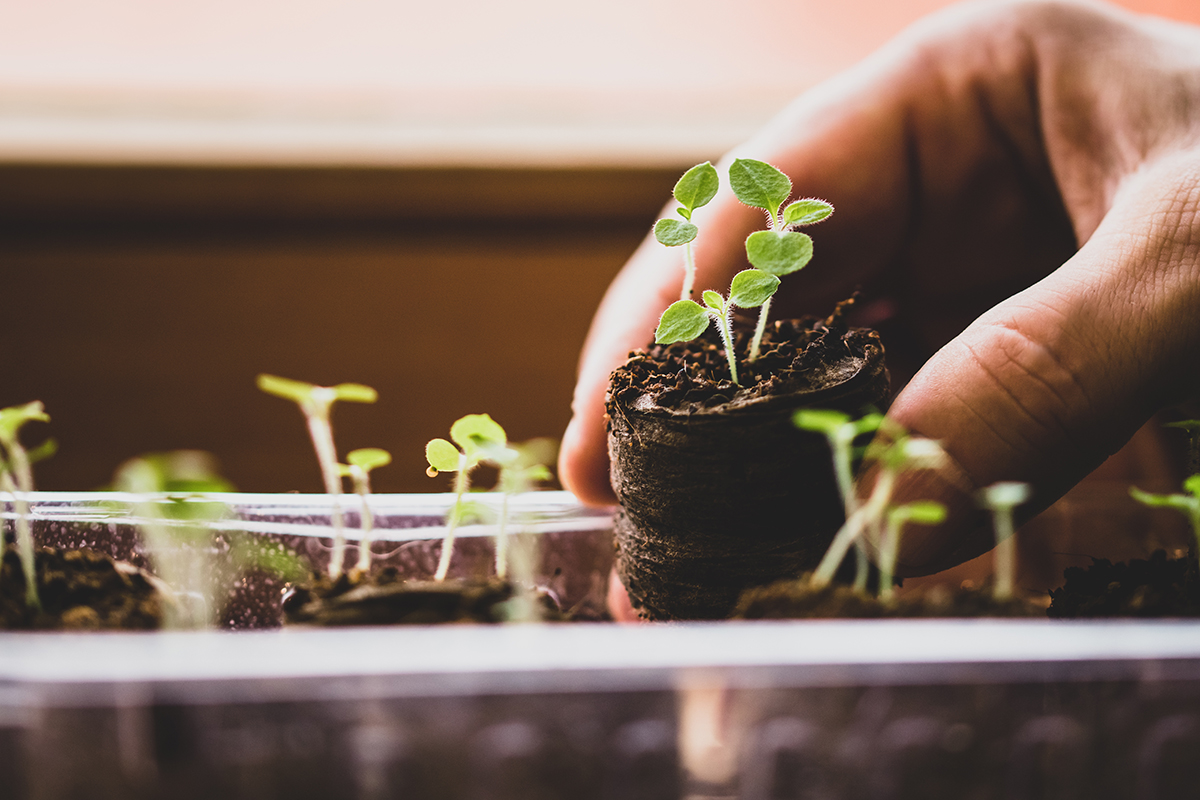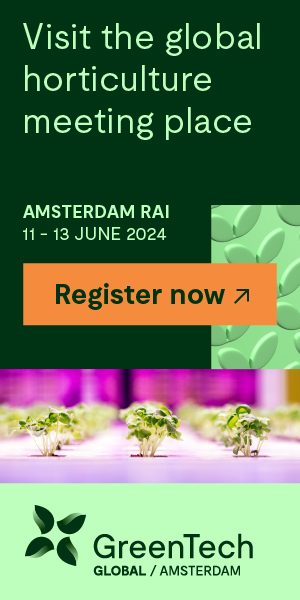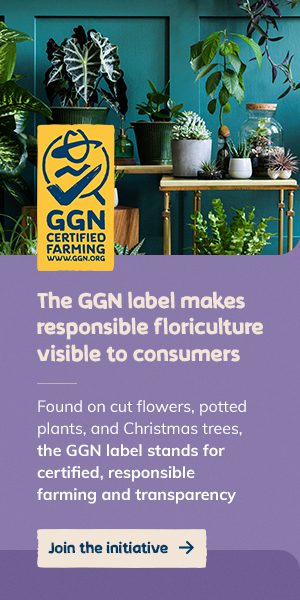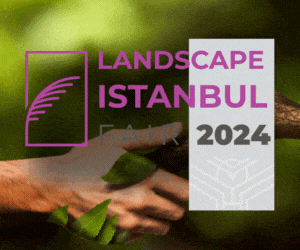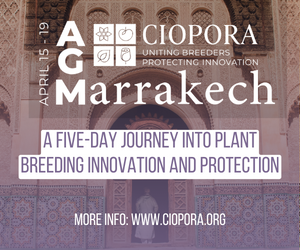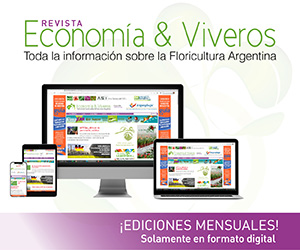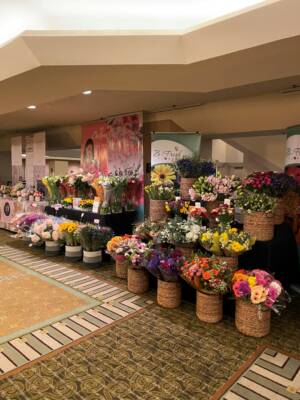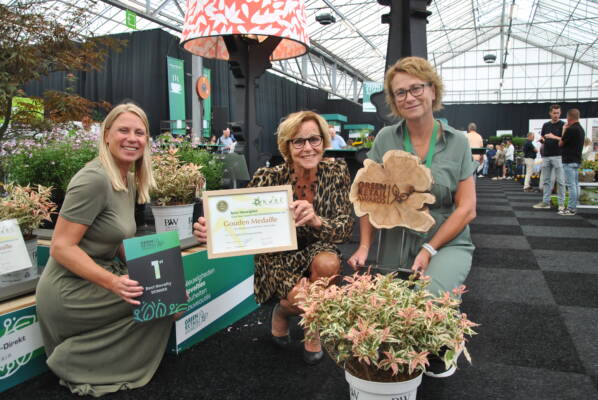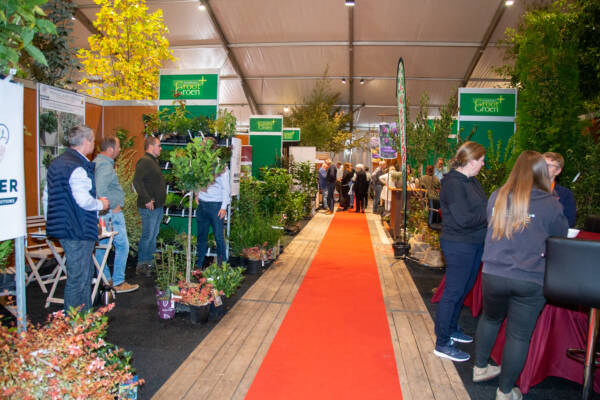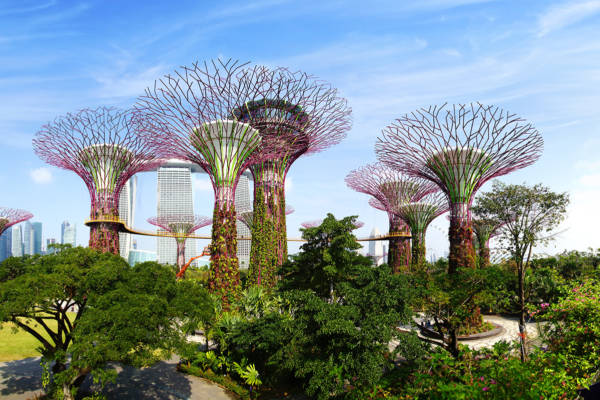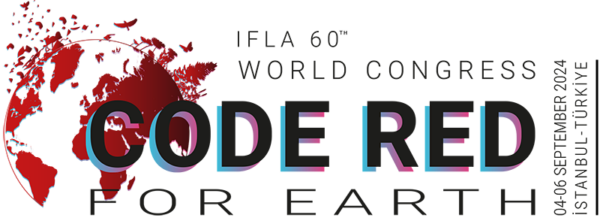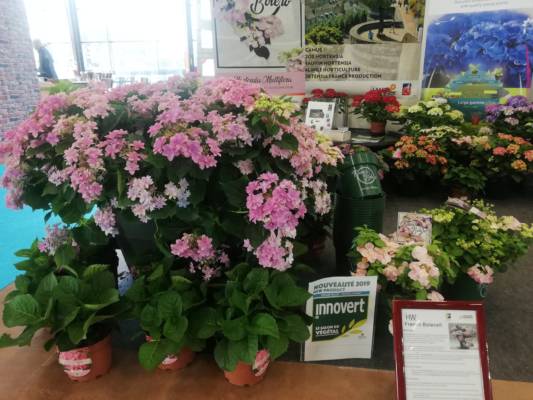NYON, Switzerland: The International Seed Federation (ISF) has chosen Spain to host the World Seed Congress 2022. Organised annually, the congress will take place this year in the city of Barcelona from May 16 to 18, co-organised with the Spanish seed associations ANOVE and APROSE.
The 2022 World Seed Congress brings back the most important gathering of the global seed sector to its face-to-face format, after having been postponed two years ago due to the pandemic.
This 73rd edition will be attended by an estimated total of 2,000 professionals from 200 companies in 60 countries: aside from organising the in-person congress at the Fira Barcelona Gran Vía, which will be attended by around 1,000 business leaders, representatives of public institutions, and NGOs, an additional 1,000 others are expected to participate through the online platform “Channel World Seed”.
A critical agricultural input
In light of the ongoing war in Ukraine, a panel discussion will take place on the critical need to continue the supply of seeds to conflict zones. ISF recently released a statement on the issue, calling on the international community to enable green lanes for agricultural inputs.
Alluding to the Congress theme – “Sowing a vibrant future” – ISF General Secretary Michael Keller said, “The theme of the congress takes on a whole new meaning today, as we are faced with the unimaginable war in Ukraine. Seed is the starting point of the food chain – and only through peace and cooperation can we make quality seed accessible to all and ensure food security everywhere.”
The programme of the Congress includes panel discussions on the most important topics related to the seed sector: innovation and scientific research in plant breeding, their contribution to the food value chain, intellectual property, the fight against illegal practices, climate change and seed resilience, phytosanitary measures, and the contribution of seeds to sustainable agriculture.
“Meeting in person again after two years, we have a unique opportunity to review the international seed trade situation and glean valuable lessons from our experience with Covid to further strive for consistent regulations in a world where seed interdependence is a reality,” said Keller.
A highly innovative and dynamic sector
The Congress also reserves a large space for commercial exchanges, with table top presentations and exhibitions.
In the European Union, the breeding sector has a turnover of around 7 billion euros and employs approximately 50,000 people, a quarter of them dedicated specifically to research. On the average, the sector reinvests up to 30 per cent of its profit to research and development, enabling the cycle of innovation and the development of new crop varieties. For its part, the Spanish seed market, which in 2020 reached a turnover of approximately 750 million euros, is the third largest in Europe and the thirteenth worldwide.
Highlights of the main sessions and other content of the Congress will be broadcast online through “Channel World Seed”, which, according to ISF estimates, will enable around 1,000 participants to follow discussions remotely. Speakers will analyse the most significant conclusions of the different panels, while several companies will raise awareness of the latest innovations in the sector, their priorities, and ambitions.
According to Keller, “ISF sees this Congress as a decisive step to further align the seed sector to food systems and contribute to achieving the Sustainable Development Goals that the UN has proposed to all humanity as key challenges.”
Moreover, ISF’s Secretary General reiterated ISF’s vision: “we believe in a world where everyone can access the best quality seeds possible. In this sense, given the global challenges facing the world food supply, our Barcelona Congress will reaffirm the need for global seed movement, claiming, once again, the important role of plant breeding and seed innovation.”
According to a 2021 report, in the EU alone and over the last 20 years, 67 per cent of annual productivity growth has been due to improvements brought about by plant and seed breeding.*
For his part, Antonio Villarroel, General Manager of ANOVE, the association that brings together most of the companies and plant research centers in Spain, explained that “agriculture faces the huge challenge of sustainably producing quality food for an ever-growing world population. We will only achieve this if we all – not only the breeding companies – continue to make a firm commitment to innovation; this is the only way to be competitive and to provide real value to both the farmer and the whole chain, to satisfy the increasingly demanding end consumers.”
ANOVE, together with APROSE, the Professional Association of Selected Seed Producers, have collaborated to organise the World Seed Congress. Together, they bring together more than a hundred Spanish companies involved in breeding and seed production, with a common mission to raise awareness of the central role of the seed industry and to support innovation and development in agriculture.
*Noleppa, Steffen y Cartsburg, Matti: The socio-economic and environmental values of plant breeding in the EU, HFFA Research GmbH, Berlin, 2021.






















